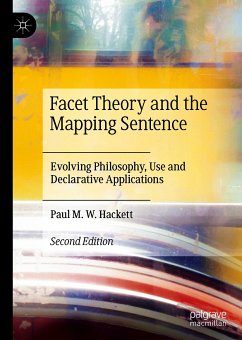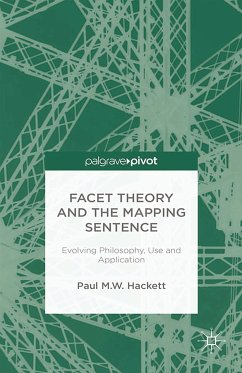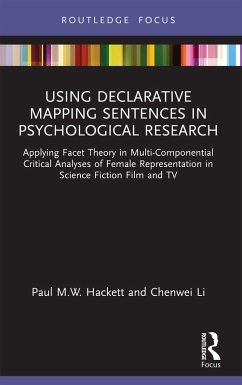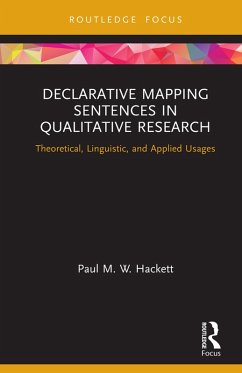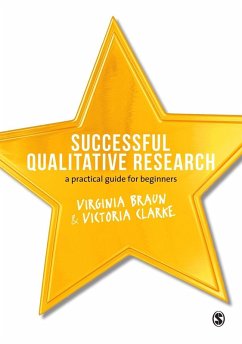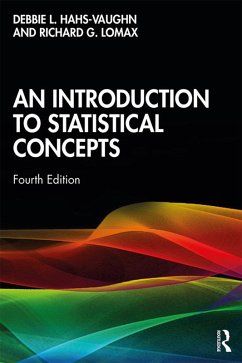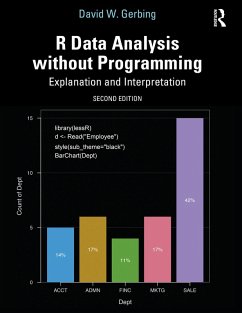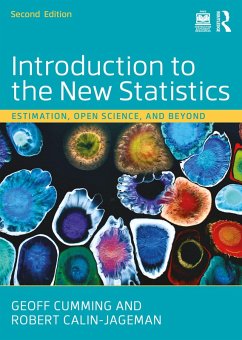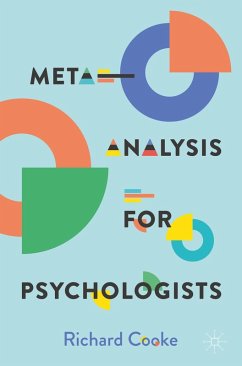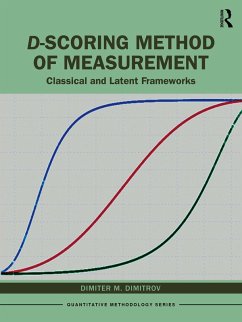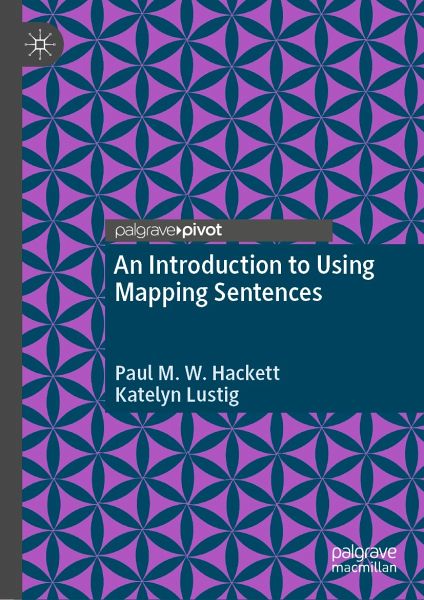
An Introduction to Using Mapping Sentences (eBook, PDF)
Versandkostenfrei!
Sofort per Download lieferbar
52,95 €
inkl. MwSt.
Weitere Ausgaben:

PAYBACK Punkte
26 °P sammeln!
This book acts as an introductory guide to understanding and using the mapping sentence as a tool in social science and humanities research. The book fills the need for a concise text that simply instructs how and when to use a mapping sentence and provides practical examples. Mapping sentences are a major research component and tool of facet theory. The book begins by covering the background to mapping sentence, including the philosophy and theory underpinning it. The following chapter discuss what mapping sentence is, what different kinds of mapping sentences exist, and knowing when and whic...
This book acts as an introductory guide to understanding and using the mapping sentence as a tool in social science and humanities research. The book fills the need for a concise text that simply instructs how and when to use a mapping sentence and provides practical examples. Mapping sentences are a major research component and tool of facet theory. The book begins by covering the background to mapping sentence, including the philosophy and theory underpinning it. The following chapter discuss what mapping sentence is, what different kinds of mapping sentences exist, and knowing when and which to use it in a given situation. The book then moves into describing how to write a mapping sentence and how to analyse the information gained from mapping sentence research. It ends with a consideration of the future developments of mapping sentences and their applications across the social sciences and humanities, including in particular psychology, marketing, behavioural biology,art and health.
Dieser Download kann aus rechtlichen Gründen nur mit Rechnungsadresse in A, B, BG, CY, CZ, D, DK, EW, E, FIN, F, GR, HR, H, IRL, I, LT, L, LR, M, NL, PL, P, R, S, SLO, SK ausgeliefert werden.



